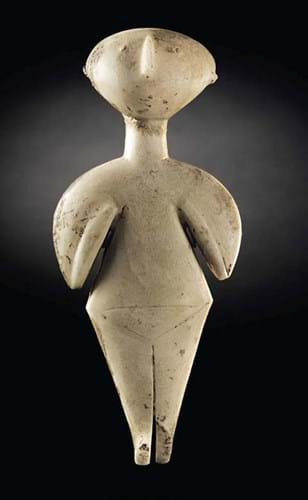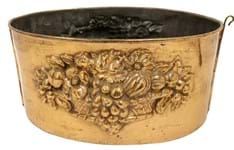
The Republic of Turkey has described the idol – in the US for nearly 60 years – as “stolen cultural property” under its antiquities laws.
The successful bidder at the auction, given a 60-day right of cancellation, has not completed the transaction.
A series of legal injunctions before and after Christie’s Exceptional sale on April 28 have sought to stop the “selling, transferring, pledging, or otherwise alienating or disposing of the idol”.
On July 26 Judge Alison J Nathan – who had allowed the sale to proceed on the understanding a final decision could be made 60 days after the auction – granted Turkey’s latest request for the name of the winning bidder.
Nathan said “it was reasonable to believe [that they may] have information about the idol, about the bidding process, or about Christie’s vigilance in determining the provenance of the idol”.
A 60-year US provenance
As reported in ATG No 2291, the so-called ‘Guennol Stargazer’ – at 9in (22cm) high, exceptional in size, quality and condition – has a provenance that places it on US soil comfortably before the 1970 cut-off date set by the UNESCO Convention but after laws operating in Turkey since 1906.
Christie’s vendor, hedge fund manager and collector Michael Steinhart, had bought it from the Merrin Gallery, New York, in 1993.
In around 1966, New Yorkers Alastair and Edith Martin, who began the Guennol collection of ancient works of art in 1947, had acquired it from dealer John J Klejman.
The recent complaint, filed by lawyers Herrick Feinstein on behalf of the Republic of Turkey, describes Klejman as “well known in the industry at that time as a ‘dealer-smuggler’ of stolen antiquities”.
It says that each individual in the provenance chain “knew or should have known at that time that the idol had been looted from Turkey”.
The auctioneers, represented in court by Cultural Heritage Partners, issued a statement saying: “While Christie’s has significant respect for the cultural property rights of countries of origin, this particular work is very well documented outside of Turkey, and has been extensively exhibited and published over the last 50 years.”














